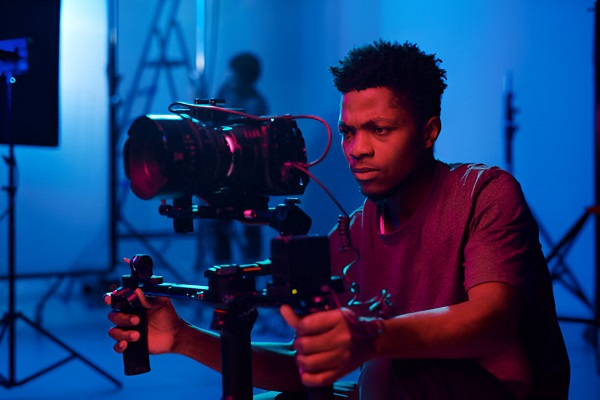Film direction is a very involved process that needs proper thinking and planning. Often, even the best film director may also commit a few blunders.
One director who is well-known is Mark Murphy, who made the movie “For Love or Money.” A director like him can also make a few common mistakes as mentioned below.
1. Surrounding Yourself with the Wrong People
A great film starts with a strong team. Selecting the incorrect cast or crew is one of the worst errors a director can make. Hiring individuals based on availability or price may be alluring, but doing so may lead to a fragmented production in which the team lacks the requisite enthusiasm, knowledge, or alignment with the director’s vision.
Directors should place a high value on teamwork and make sure everyone on the team is aware of the film’s objectives in order to avoid making this error. The secret to a successful project is having faith in each team member’s talent.
2. Not Owning Your Creative Vision
The artistic direction of the movie is primarily driven by you, the director. But it is simple to let other people’s ideas affect you, especially when you are working with an experienced crew. Some directors could let comments from more seasoned team members override their original concept.
Even though other people’s opinions are important, it is imperative to keep control of the narrative and vision. A filmmaker runs the risk of making a film that lacks inspiration and a distinct artistic personality if they lose sight of their creative objectives.
3. Failing to Listen to Others
Staying true to your vision is crucial, but filmmaking is a collaborative endeavour by nature. Missed chances for development or new ideas can result from not listening to others on set. Directors who exclude their staff can create a hostile environment that inhibits innovation.
Directors should filter such ideas via their own perspective while still keeping an open mind to constructive criticism in order to achieve a balance. This enables them to make well-informed choices that improve the project without sacrificing its main objectives.

4. Saving Important Scenes for the End of the Day
Scheduling the most crucial scenes until the end of a long shoot day is one of the most frequent errors. At this stage, the crew and actors are frequently worn out, which may have an impact on the calibre of their labour and performances.
Instead, directors should prioritize key scenes during the day when energy levels are higher. Scheduling important scenes earlier ensures that everyone is sharp and ready to perform at their best, increasing the likelihood of capturing the best possible take.
5. Poor Communication with the Crew
Clear communication is vital throughout the production process. It is important for directors to spend time explaining their objectives, expectations, and vision to the team. Making sure everyone is in agreement involves holding frequent meetings.
Errors may occur due to ineffective communication, which can lead to irritation and delays.
Conclusion
To make a good film, a director must have good leadership qualities combined with technical knowledge. Directors may increase production efficiency and get the best outcome for their films by avoiding a few mistakes.












